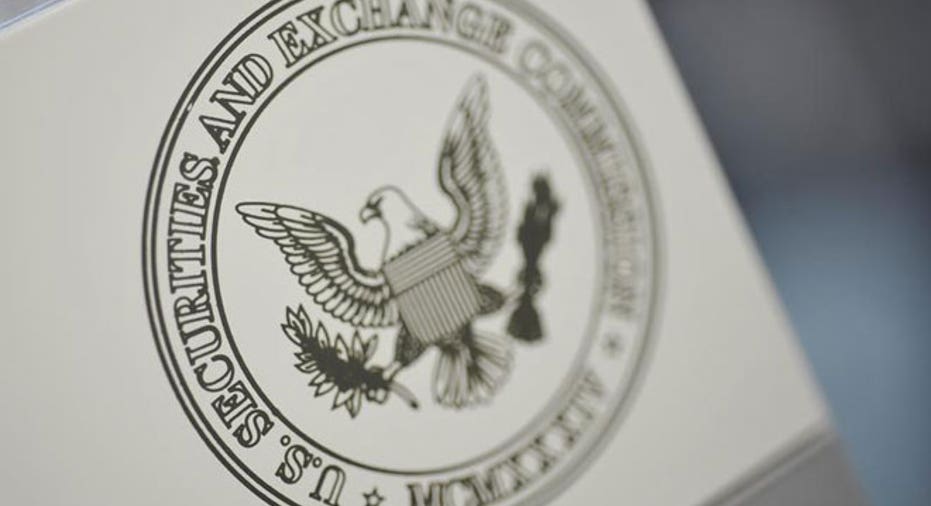SEC Targets Conflicts of Interest at Ratings Firms

The Securities and Exchange Commission on Wednesday adopted new rules targeting conflicts of interest at credit ratings firms, a problem the regulatory agency said contributed significantly to the 2008 financial crisis.
The SEC also voted to require more transparency in the process for creating asset-backed securities, the investment products loaded with bad mortgages that blew up last decade leading to the economic meltdown.
The SEC, which approved in a 3-2 vote restrictions on firms such as Moody's Investors Service and Standard & Poor's Ratings Services, initiated the reforms after conducting a long review and preparing reports on the findings.
“While the reports from these reviews have catalogued a number of improvements, they have also identified concerns that persist, including ones related to the management of conflicts of interest, internal supervisory controls, and post-employment activities of former staff,” SEC Chief Mary Jo White said in remarks Tuesday.
The ratings firms came under sharp criticism following the crisis, not least because they get paid by the same banks whose securities the firms provide ratings. That led to accusations that the firms gave their highest ratings to securities in order to increase business and boost revenues.
The top ratings came despite the fact that many of the securities were loaded with risky subprime mortgages that eventually soured. The ratings firms have denied that they sold their highest ratings to the highest bidder.
A Congressional investigation found that the firms often put their own bottom lines ahead of their commitment to accurate credit ratings.
Based on the ratings issued by the firms, investors such as pension funds invested heavily in securities backed by loans that eventually soured, contributing to the massive losses incurred during the financial crisis.
Among other restrictions, the new rules target ratings firm analyst who may have provided top ratings to banks in an effort to get a job at the bank in the future.
The SEC voted unanimously to require banks to provide investors with more information about the quality of mortgage, auto and other loans that are packaged into various securities.
Under the SEC's rules, firms that issue securities will have to file reports on the underlying loan data to the agency -- including credit scores and debt levels -- and the SEC will post the information on its website. Individual borrowers' names wouldn't be disclosed and the loans would be identified by a number.



















